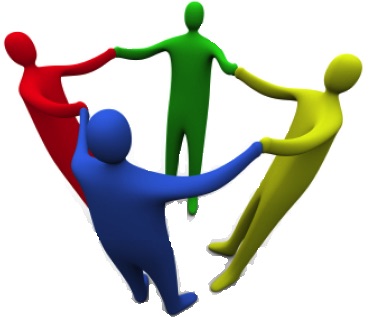
The current Presidential administration in the USA wants to cut federal funding for a range of programs, including Special Olympics. Betsy DeVos, the President’s Secretary of Education, says it’s because these programs “enjoy robust support from private donations.”
My mother announced when I was 14 that I would be volunteering to escort the Henderson County team to the state Special Olympics in Bowling Green, Kentucky – a cousin was involved in organizing and this was how we, as a family, would support her – with me. Yes, it was a “voluntold” moment. I had never been around people with developmental disabilities and I had no idea what Special Olympics was and I had no idea who Eunice Shriver, the featured speaker, was. I won’t say I entirely understood it all at 14, but that participation changed ME for life and how I relate to people with developmental disabilities. It put me on a lifetime journey of trying to understand – all because of volunteering at one Special Olympics event. It wasn’t just a “nice” thing to be involved, not
In fact, the Oregon Special Olympics keeps canceling events because of lack of funding. Special Olympics Oregon lost $325,000 on $4.5 million in revenue in 2016, lost more in 2017, and expects to lose money again in 2018, according to a news release. The reality is that corporations and other funders are NOT stepping up to fulfill the needs of Special Olympics.
The San Francisco Bay Area, including Silicon Valley, has rapidly become the richest region in the country. It’s a place where $100,000 Teslas are commonplace, unfiltered “raw water” goes for $37 a jug, and companies pay
Charity isn’t enough. In fact, volunteering, by itself, isn’t enough to save the world. But that’s another blog…
- Corporate Social Responsibility (CSR): Advice for ethics, strategies & operations
- time for USA nonprofits to be demanding
- Trump is trying to eliminate national service – again
- Trump’s War on Volunteerism
- A plea to USA nonprofits for the next four years (& beyond)
- Governor Bevin & Donald Trump Are Wrong on Community Service Requirements
- Requirements to volunteer are getting out of hand
- Kentucky politicians think volunteers are free
- How Will Trump Presidency Affect Humanitarian Aid & Development?
- Volunteering, by itself, isn’t enough to save the world
